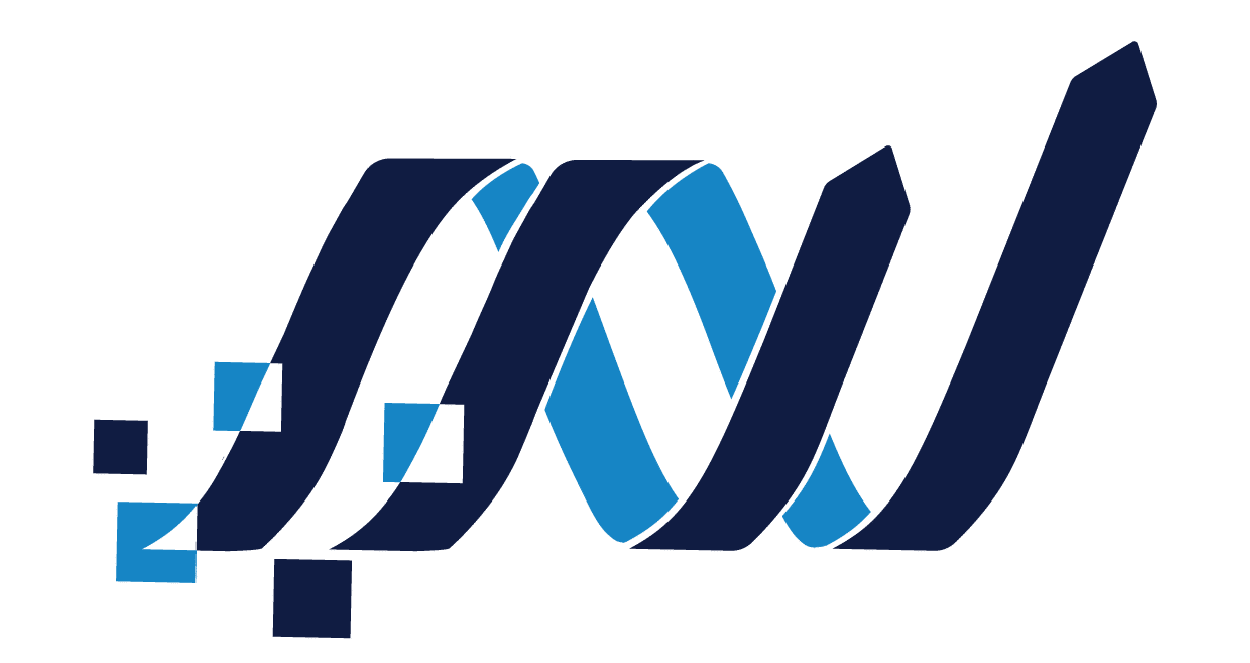The Future of HR and AI: Embracing a Holistic Transformation
In his thought-provoking piece, Josh Bersin explores an increasingly relevant truth: AI is set to partially replace traditional HR functions—and that’s not only inevitable, but beneficial. The central theme of the article revolves around reimagining HR not as a standalone department, but as an integrated, data-driven function powered by intelligent systems.
Key takeaways include:
- AI is not a threat to HR jobs but a performance enhancer, taking over repetitive, transactional tasks such as screening resumes, scheduling interviews, and handling routine employee inquiries.
- The evolution of HR is less about workforce reduction and more about reinventing roles—shifting professionals toward strategic, human-centric problem solving.
- Custom AI models can now personalize employee training paths, predict attrition, align compensation strategies, and optimize talent acquisition with unprecedented insight.
- Organizations must build resilient systems that blend human judgment with Machine Learning models to make smarter decisions and improve employee satisfaction and engagement.
This AI transformation is not confined to HR alone—it represents a broader martech and data evolution, where AI consultancy and AI agencies play a central role in designing intelligent workflows. For forward-thinking companies, investing in holistic AI solutions doesn’t just boost internal efficiency; it directly links to external results like stronger employer branding, more agile marketing campaigns, and better customer experience.
A related use-case can be found in using custom AI models to predict employee churn and recommend personalized retention strategies. This alone can save significant recruitment and training costs, while increasing employee satisfaction and engagement—showcasing AI’s value beyond automation and into strategic business outcomes.
Forward-looking firms need not fear the evolution of HR; rather, they should see it as an emboldened opportunity to apply technology holistically across the employee lifecycle.
